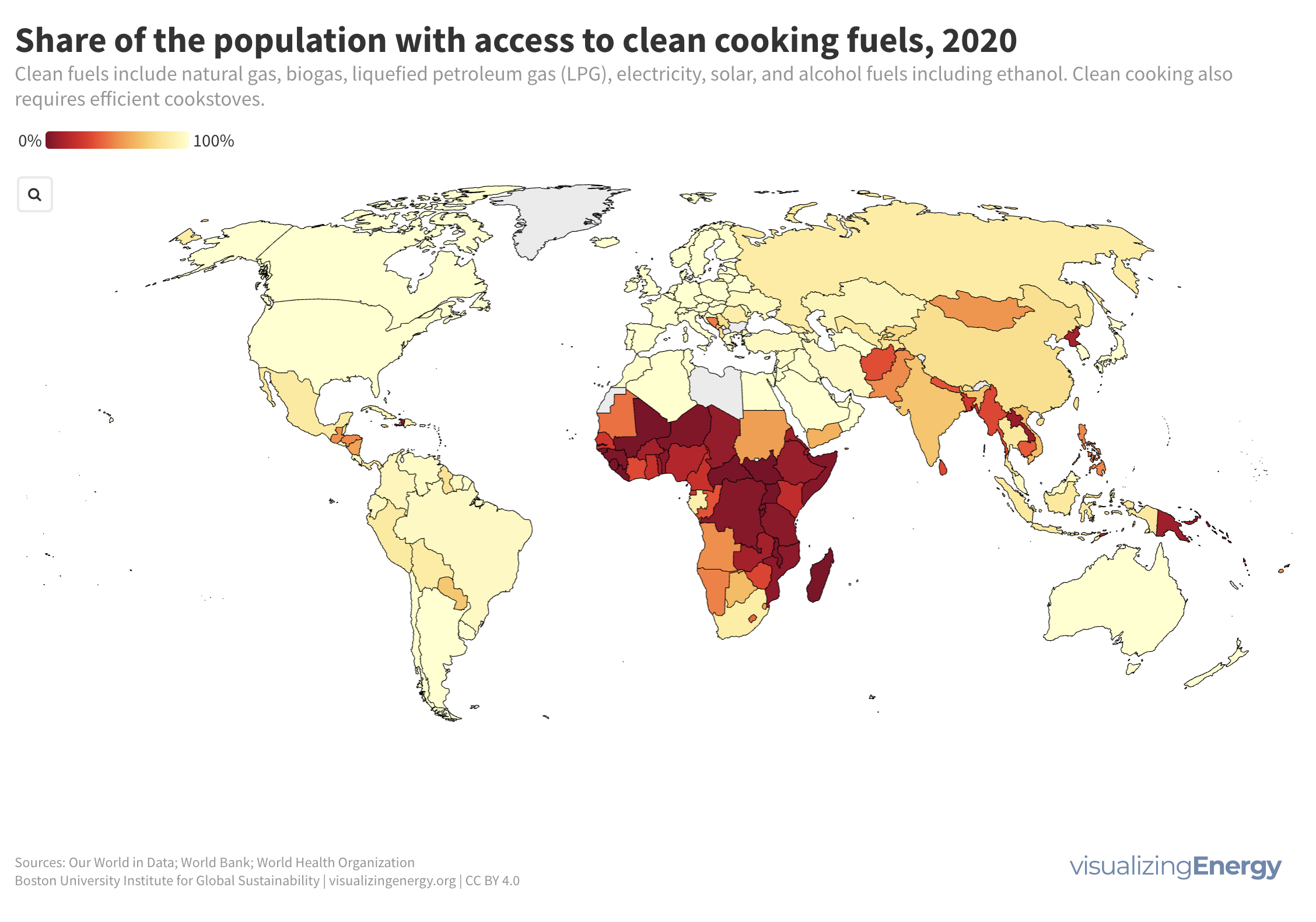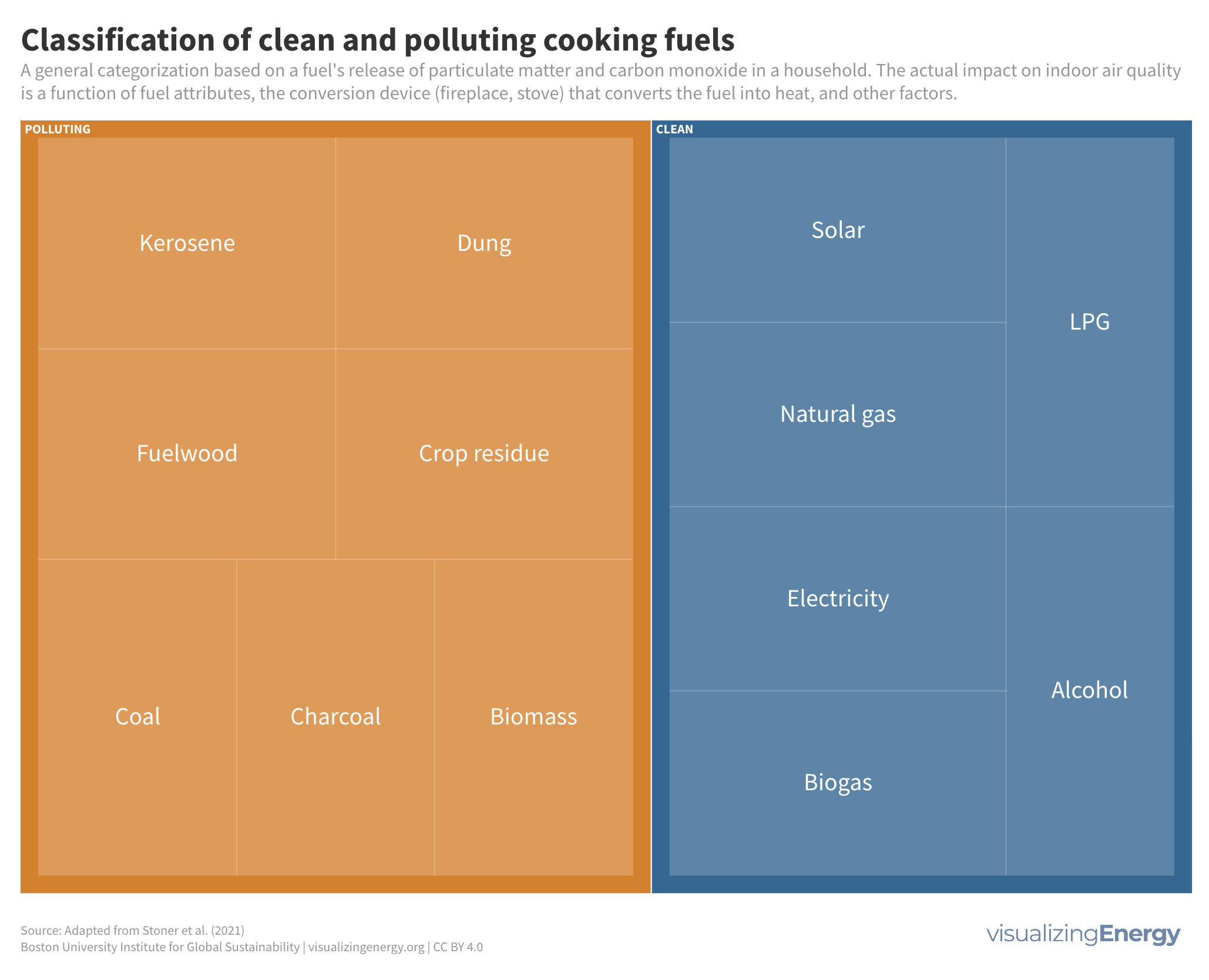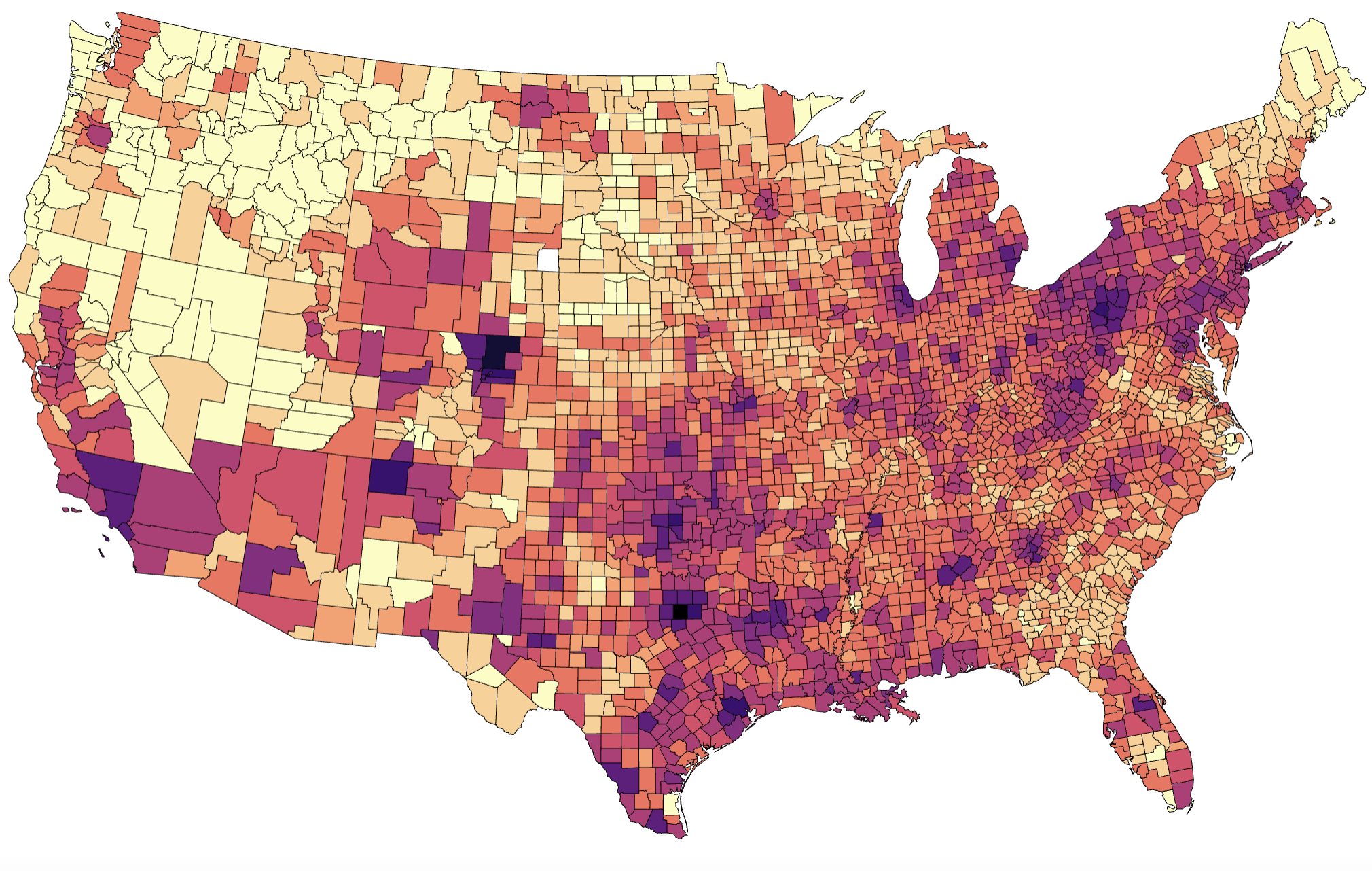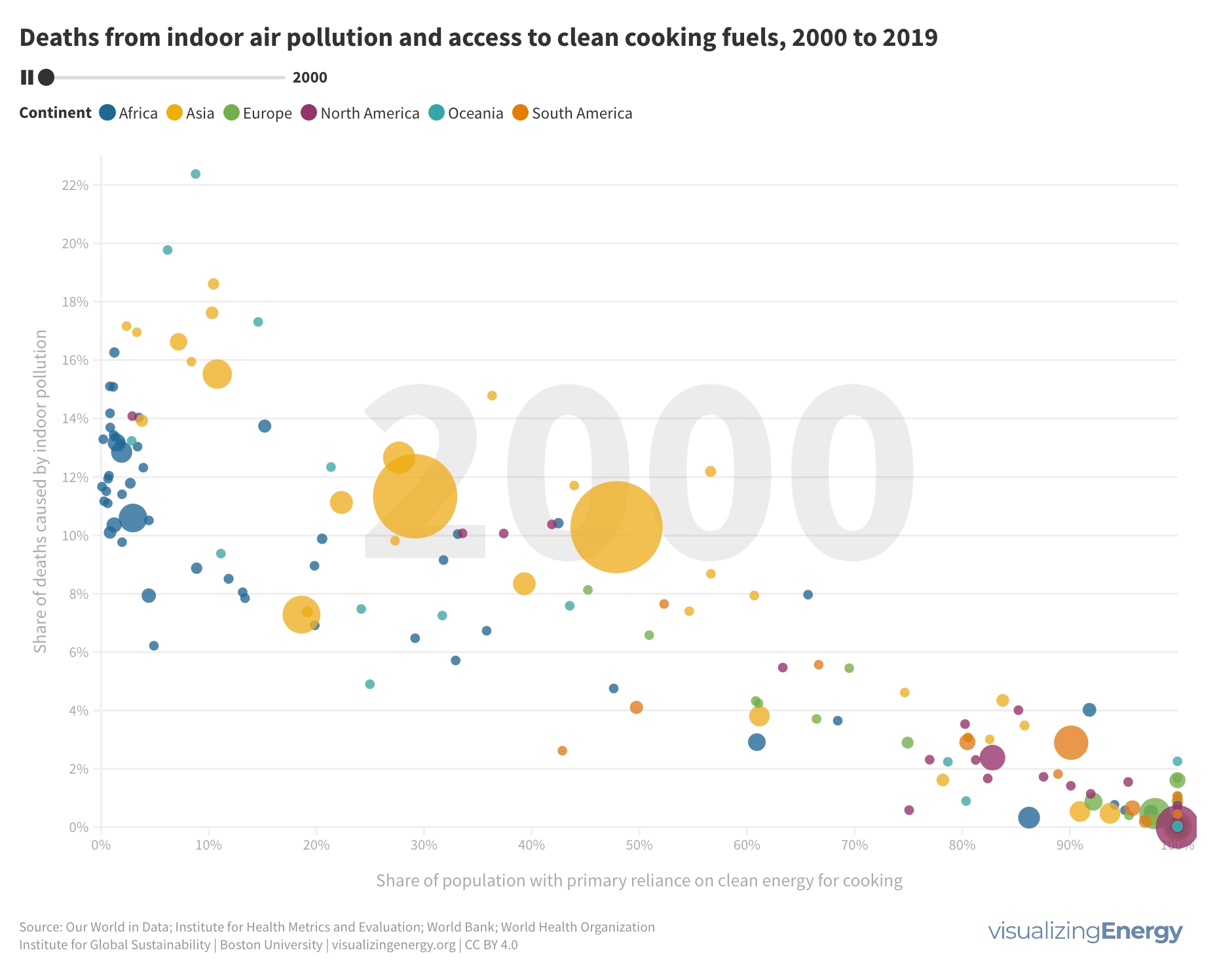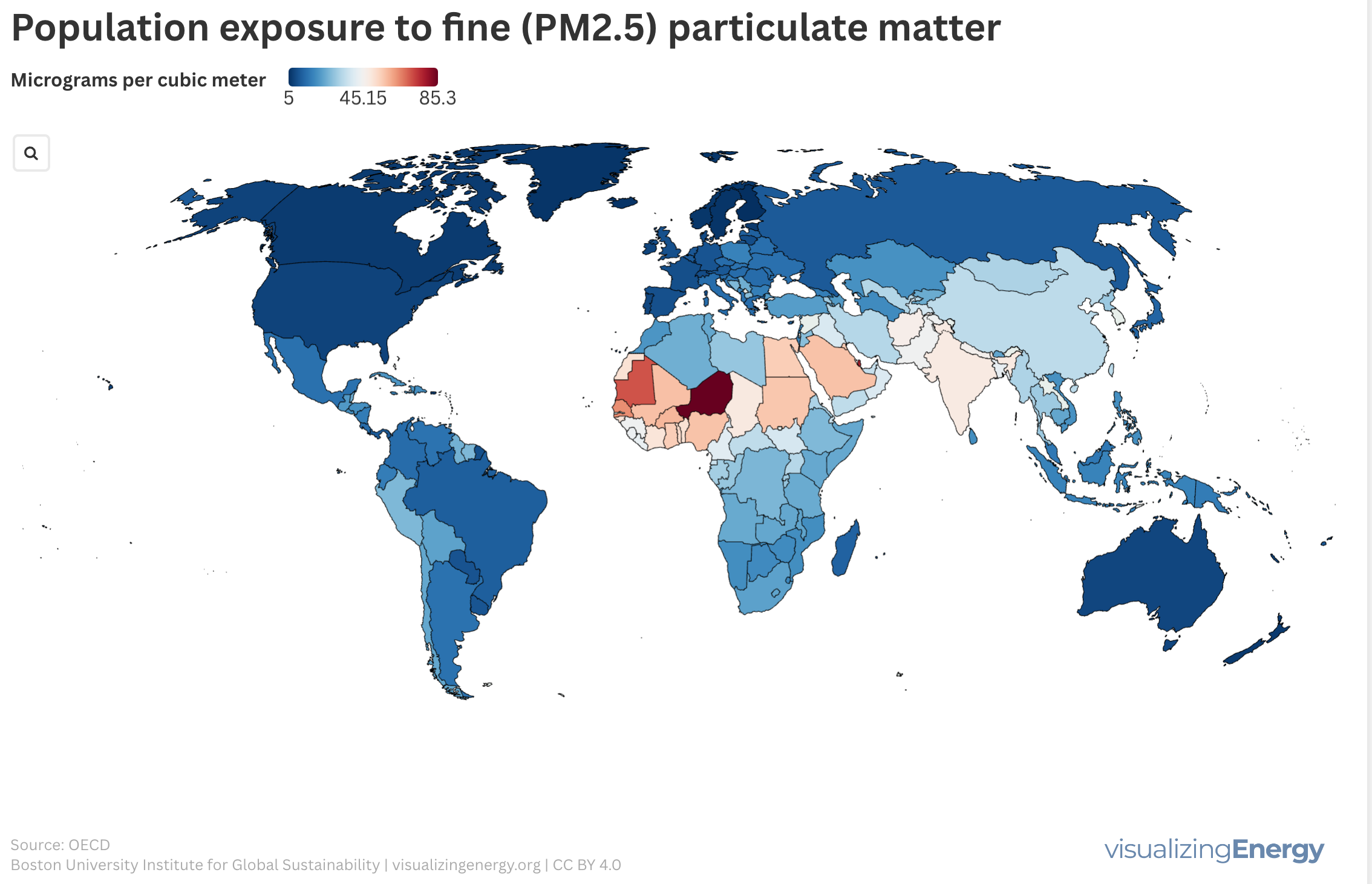
Where are people most exposed to particulate matter?
Airborne particulate matter (PM2.5) comprises tiny particles that pose significant health risks, including heart disease and lung cancer. Major sources include natural events and human activities, with notable geographic variations. Reductions in PM2.5 levels have been observed in affluent regions, but exposure remains high in countries like China and India, impacting public health.

